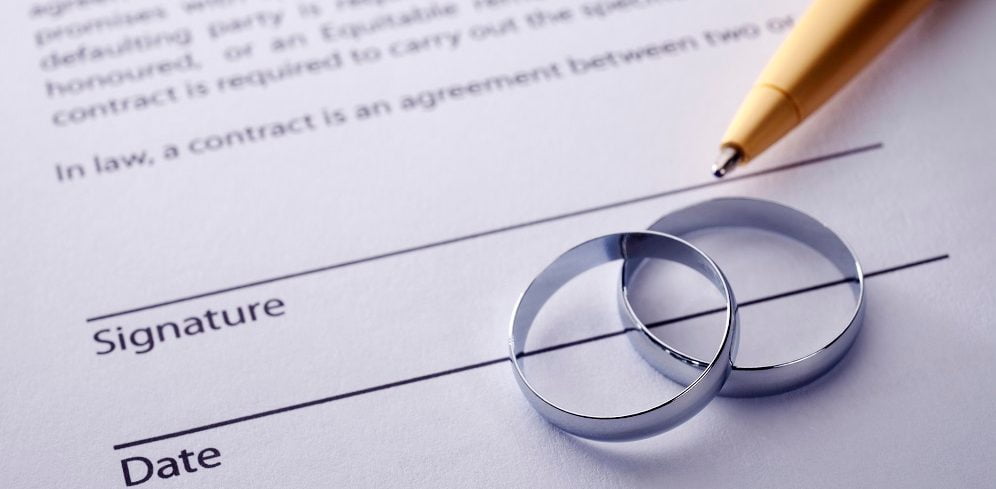The legal/ business world of Abu Dhabi is a multilingual one. It is also of utmost importance to have the legal documents translated into a variety of languages, especially when interacting with expatriates in the city since there are quite a number of them, and Arabic is the major language, followed by Russian and Spanish, which are the most demanded. When it comes to signing off a corporate contract, producing evidence in court or filling immigration paperwork, accuracy is not negotiable. One impossible-to-translate word can break a case, ruin a contract or keep a transaction at bay.
However, simple translations of legal materials do not seem complicated to the many individuals and even companies. In Abu Dhabi, because formal translations require certification satisfying the specifications of the Ministry of Justice and other governments, errors are not only expensive, but also even legally binding. As discussed below, the most frequent traps that should be avoided during translation process are related to Russian and Spanish legal texts.
1.Ignoring The Differences In Legal Systems
The main problem of legal translations of Russian and Spanish languages is that the legal systems underlying them are considerably different as compared to the one practiced in the UAE.
Russian legal language has its origin in a civil law tradition that was strongly affected by Soviet legal institutions with special concepts of contracts, procedure, and administration.
Spanish also has a civil law tradition (derived ultimately, but through a different set of sources, than Italian law) and regional differences in Spain and Latin America are possible, which can have an impact on terminology and interpretation.
Unless they understand the legal context to the source text, translators taking up a word-to-word translation direction will end up producing documents that are hardly comprehensible in the legal environment of the UAE. As illustration, there are some terms and notions, which do not exist in the UAE legislation, such as procurador in Spanish law or исковое заявление (iskovoye zayavlenie) in Russian one. The same scenario will find an expert legal translator giving functional equivalents, notes, or certified adaptations to ensure that the translated text passed is linguistically and even legally sound.
A lack of bridging this gap will cause a misunderstanding among lawyers, judges or government officials in Abu Dhabi, which may render the translation ineffective in the official context.
2.Ignoring Official Requirements, Relating to Certification, in Abu Dhabi
A translation can also be dismissed even though it may be spot on correct, in case it fails to fit into the certification criteria applied in Abu Dhabi. Translations of any text in most judicial proceedings such as court submissions, immigration records, notarial documentations should be performed by a translator licensed under the Ministry of Justice of the UAE.
The most common errors are:
Employing a non-licensed translator and then simply handing over the document to an authority would be based on the knowledge that everything will go well since it is assumed that the accuracy will be enough.
Misplaced confidence in terms of notarizing or attesting the translation in a situation where the receiving authority insists. A case in point, a property deed written in the Russian language and presented in a matter of contention ought to be translated into the Arabic language as well as being attested by the Judicial department in Abu Dhabi.
Failure to adhere to format requirements when dealing with certified translations, specifically by keeping to the same structure, layout and section numbers as its original source.
The Russian and Spanish legal texts also tend to include their stamps, seals, and handwritten markings which should be recreated or accurately accounted in the translation. These are some elements that should not be left out because they can render the translation incomplete and unacceptable by the receiving authority.
The legal translation service in Abu Dhabi will cover regulations of the Ministry of Justice involving correct translation stamps, signatures, and statements of bilingual certification.
3.Failure to recognize Idiomatic and contextualize specific words and terms
Legal texts tend to be exact and there is a range of legal texts in which idiom can be used, such as witness statements, sworn declarations, or in some parts of contracts. Translators who are not qualified to translate in any field, have a tendency of taking such words word-to-word, which has the result of being entirely grammatically sound but meaning nothing in court.
For example:
In Russian contracts, the term срок давности translates literally into “term of antiquity” in legal terms, however, it means statute of limitations.
Allanarse a la demanda is a Spanish legal phrase, which when used literally translates to: to level (oneself) to the demand, but legally implies: to accept the claim or not to contest the lawsuit.
Unless these phrases are understood legally and culturally, there is a risk that those phrases are mistranslated resulting in the meaning of the document being entirely altered.
The other difficulty presents itself in the form of the regional variation: legal Spanish in Madrid can be somewhat different to the language used in Mexico City or Buenos Aires and legal language in Russian Kazakhstan, too, can vary a bit compared to Moscow. Translators must be both bilingual and bicultural or in other words, they must understand the use of such terminologies in a particular jurisdiction because the legal climate in Abu Dhabi is multicultural.
4.Downplaying the value of Consistency
When translating law, style alone cannot be too concerned with consistency as a matter of choice but a demand of reliability and legal clarity. A term that has been translated twice in the same text might cause loopholes or misunderstandings or conflict.
Such an ambiguity could occur in a word like a Russian, e.g., договор подряда which could be translated in one place as whereas in another as a service contract. Although they seem to be the same, the terms can have other legal implications. Similarly, arrendamiento in Spanish, means lease on the one hand and rental agreement on the other hand, yet in certain situations, only one interpretation is permitted legally.
The terminology databases and translation memory tools help the professional translators to make the same kind of translation across the entire paper with repetitions. This is particularly important in long-term commitments, legal filings and business regulations where consistency is determinant in regard to enforceability.
Summing up: Accuracy and Obedience Are Compulsory
Translating a Russian or Spanish document to be used in the legal system of Abu Dhabi is much more than a simple translation exercise; it is a service that needs a high level of expertise on the source and target jurisdiction, understanding of the domain specific terms and perhaps most importantly the translation service must be able to meet the certification requirements of the UAE.
The above outlined mistakes are common, but by avoiding them, individuals and businesses will be able to save much time, money, and legal problems. No matter whether it is a power of attorney in Russian language to enable purchase of a property or a Spanish corporate charter to be registered in the territory of Abu Dhabi, the services of a legal translator with license of Ministry of Justice will do the trick grants accuracy as well as due affirmative legal acceptance.
With a society enriched but with legal perfection, a translation partner is not only a plus but a must. Investing in professionally certified professional translation in law translates into safeguarding your interests, ensuring compliance and assuring that your documents will have the same meaning, regardless of language and jurisdiction.


